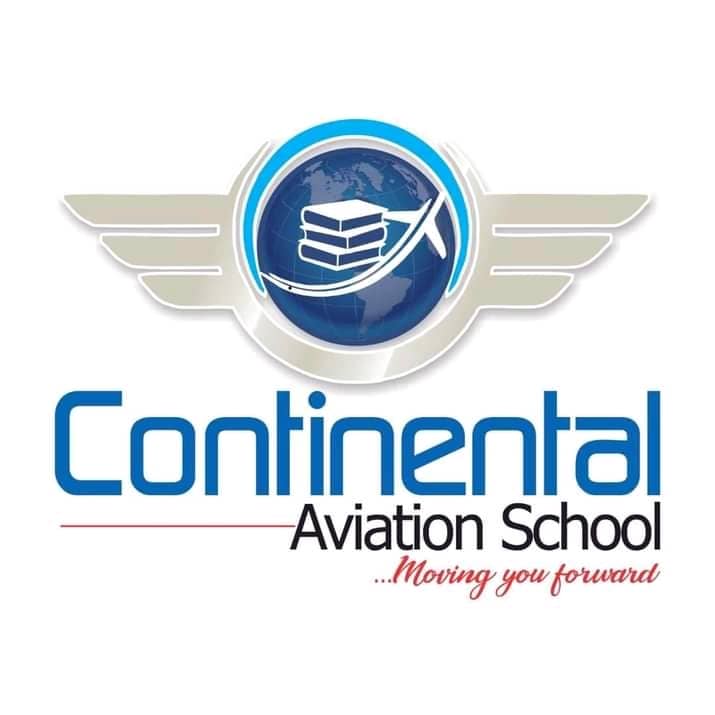Many aviation enthusiasts often find themselves at a crossroads when choosing the right path between aviation schools and universities for aviation education. With multiple options, deciding between aviation schools and universities can take time and effort.
Both avenues have their own set of advantages and considerations that prospective students need to take into account.
Embarking on a career in aviation requires careful consideration of your chosen educational path. Aviation schools and universities provide distinct avenues for learning and gaining skills and knowledge. Understanding the differences will enable you to make an informed decision that aligns with your career goals.
What are Aviation Schools?
Aviation schools, also known as flight schools or pilot training academies, specialize in aviation education. These schools focus primarily on providing flight training and practical experience to students.
They offer a comprehensive range of programs, from private pilot licenses to advanced certifications and ratings. They often have their fleet of aircraft and flight simulators, creating an immersive learning environment for aspiring pilots.
What are Universities?
Conversely, universities are higher education institutions that offer a broader range of academic programs, including aviation-related degrees.
While universities typically have aviation departments or schools, they also provide many other fields of study. University aviation programs often cover a broader scope, encompassing aviation management, aerospace engineering, air traffic control, and maintenance.
Curriculum and Focus
Aviation schools focus primarily on flight training and practical skills development. The curriculum is designed to provide hands-on experience and prepare students for the challenges of piloting an aircraft. The coursework is tailored to meet the specific requirements set by aviation authorities, ensuring that students gain the necessary knowledge and proficiency.
Universities, on the other hand, offer a more comprehensive approach to aviation education. While flight training is still a part of the curriculum, the coursework extends beyond practical skills. University students in aviation programs also study aviation theory, aviation safety, aviation law and regulations, aviation business and management, and other related subjects.
Practical Training Opportunities
One of the critical advantages of aviation schools is the abundance of practical training opportunities. Students can expect to spend significant time in the air, honing their piloting skills.
The focused and intensive flight training allows students to accumulate the flight hours required to obtain various licenses and ratings. They often partner with local airports, providing easy access to training facilities and resources.
Universities also offer practical training opportunities; however, they may be more limited than aviation schools. The flight training component is usually integrated into the program, but students may have less flying time than those in dedicated flight schools.
Nevertheless, depending on the specific university and program, universities may provide other valuable experiences, such as research opportunities, internships, or cooperative education programs.
Duration of Programs
The duration of programs is another factor to consider when choosing between aviation training school and universities. Aviation schools generally offer more accelerated programs, allowing students to complete their training quickly. This is particularly advantageous for individuals who wish to enter the workforce quickly or have time constraints.
Universities, being traditional higher education institutions, typically have longer program durations. Bachelor’s degree programs in aviation can span three to four years, depending on the country and specific program requirements. Evaluating your personal circumstances and considering the time commitment necessary for each option is essential.
Cost and Financial Considerations
Cost is a significant consideration for prospective aviation students. Aviation schools often have a more straightforward fee structure, with costs typically based on flight hours and instructional materials. While flight training can be expensive, the focused nature of aviation school programs may result in lower overall costs than universities.
Universities, especially when pursuing a bachelor’s degree, involve additional expenses beyond flight training. Tuition fees, accommodation, textbooks, and other university-related costs should be factored into the decision-making process.
However, universities may offer financial aid options, scholarships, or student loan programs that can help alleviate the financial burden.
Accreditation and Credentials
Accreditation and credentials play a crucial role in the aviation industry. Aviation school are often regulated and certified by aviation authorities or governing bodies. These certifications ensure that the training meets industry standards and prepares students for an aviation career. Prospective students should research and ensure that their chosen aviation school holds the necessary accreditations and credentials.
Universities, on the other hand, are typically accredited by regional or national accrediting bodies. While aviation programs within universities may have little specialized accreditations, the overall reputation and certification of the university can still carry weight in the industry. It’s essential to evaluate the accreditation status of both aviation schools and universities to make an informed decision.
Networking and Industry Connections
Networking and industry connections can greatly influence career opportunities in aviation. Aviation schools often have strong ties to the industry, including partnerships with airlines, aviation companies, and airport authorities. These connections can lead to internships, job placements, and mentorship opportunities, enhancing the prospects of students entering the workforce.
Universities also offer networking opportunities through alum networks, career fairs, and industry collaborations. Additionally, universities often have faculty members who are experienced professionals in the aviation field, providing valuable industry insights and connections.
While the breadth of networking opportunities may differ, aviation schools and universities can contribute to building a professional network.
Career Opportunities
When considering career opportunities, it’s essential to understand the requirements and expectations of the aviation industry. Aviation school primarily focus on pilot training, equipping students with the skills necessary to pursue a career as a pilot. The structured training programs, flight hours, and certifications obtained from aviation schools are highly valued by airlines and aviation employers.
Universities offer a broader range of career opportunities within the aviation industry. Apart from piloting, aviation programs within universities can lead to careers in aviation management, air traffic control, aviation safety, aerospace engineering, aviation research, and more. These programs provide a more versatile skill set that can benefit individuals interested in non-flying roles or those seeking diverse career paths within aviation.
Flexibility and Customization
Flexibility and customization are factors that vary between aviation schools and universities. Aviation school often have structured programs with predefined timelines and courses. While this can provide a clear path, it may limit flexibility for individuals with specific scheduling requirements or those looking to tailor their training experience.
Universities, being larger institutions, may offer more flexibility in terms of program customization. Students can often choose electives, concentrations, or specializations within their aviation degree programs.
This allows individuals to focus on specific areas of interest and personalize their educational journey. Additionally, universities may offer part-time or online learning options, providing flexibility for students with other commitments.
Personal Preferences and Learning Styles
Ultimately, the choice between aviation school and university should align with your preferences and learning style. Consider the following questions:
- Do you prefer a hands-on, practical learning environment?
- Are you solely interested in piloting, or are you open to exploring other aviation-related fields?
- What is your selected program duration and time commitment?
- Do you have financial constraints, or are you eligible for financial aid?
- How meaningful are industry connections and networking opportunities to you?
- Do you value a structured program or prefer more flexibility and customization?
By reflecting on these questions, you can determine which option best suits your needs and preferences.
Choosing between aviation training school and universities is a significant decision that will shape your aviation education and future career.
Aviation Training Schools offer focused flight training programs and practical experiences, ideal for individuals seeking a pilot career. On the other hand, universities provide a broader range of aviation-related degrees, offering versatility and opportunities in various aviation fields.
Conclusion
As a student consider your goals, preferences, financial situation, and desired career path when making this decision. Research and gather information about specific schools and programs, considering curriculum, practical training opportunities, duration, cost, accreditation, industry connections, and flexibility.
Doing so enables you to make an informed choice and embark on a fulfilling aviation journey. Have you decided aviation school begin here at Continental Aviation School

